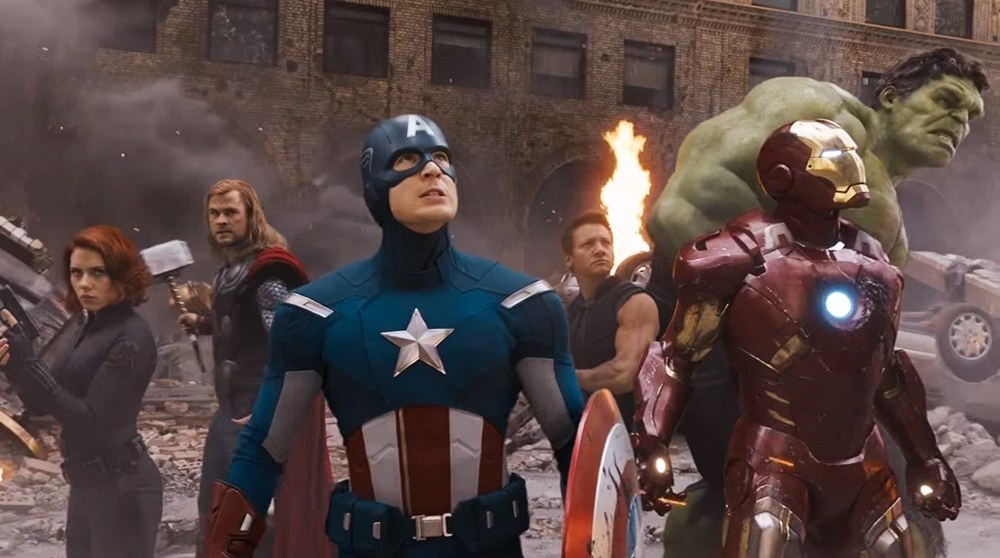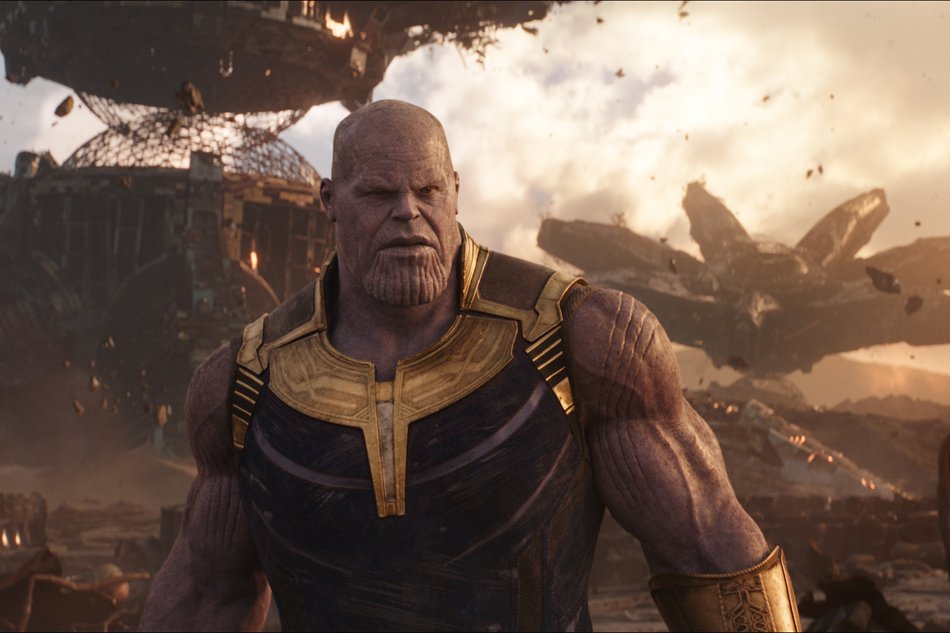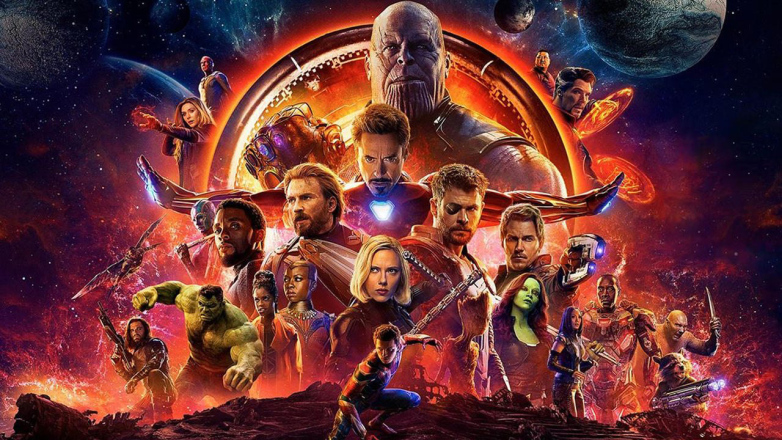Love it or loathe it, there’s no denying the so called Marvel Cinematic Universe is a dominant cultural force in the early years of the 21st century. But do such films truly reflect the values of the society so willing to consume them? Peer into their latest installment, Infinity War, and the answer might just surprise you…
by Marco Attard
Image: Avengers: Infinity War poster
[dropcap]L[/dropcap]et’s get the most obvious thing about Avengers: Infinity War out of the way: the latest and biggest Marvel Studios film is the culmination of Disney’s plan to turn cinema into television. Unlike the recent Black Panther, which claims at least part of its global success on its being a standalone slice of superhero cinema, Infinity War brings together threads from nearly every Marvel film that came before it. It is assumed the viewer is already invested in most of the 74 (!) characters making its cast, all of whose appearances are preceded with nary a word of introduction. At times this approach manages to excite; other times the constant flitting between multiple conflicts merely exhausts. This is not so much an episode of television as an entire season, replete with cliff-hanger ending, compressed in 2 hours and 23 minutes.
To think that just 10 years ago Marvel was less cultural phenomenon and more underdog; Iron Man, the first film in what we now know as the Marvel Cinematic Universe (MCU) was a scrappy action piece arguably handicapped by its being based on one of the less popular characters from the Marvel comics. However, it found success through sheer zeitgeist—in 2008 the world was tiring of the second Iraq War, and here was a film presenting a solution to the woes of the Middle East palatable to the broadly liberal consensus present at the time. Tony Stark, a billionaire weapons peddler-slash-technology genius in the Elon Musk mould, crafts a robot suit in order to fight terrorists. This he does more effectively than any government could. “America is secure,” Stark states in the end. “I’ve successfully privatised world peace.”
Tony Stark is undoubtedly the protagonist of the MCU, together with two other characters serving as avatars of the rugged individualism typical of both the American superhero and the capitalist politics of the early 21st century—Captain America, a superhuman throwback to World War 2 clad in the star-spangled banner, and Thor, a literal Norse god. Over the span of nearly a decade, this trio—plus a cast of nominally diverse hangers on—fights threats from within (malevolent tech geniuses, government agencies gone rogue) and without (invading alien forces), both individually and united as the Avengers, dubbed so because, as Tony Stark puts it, “if we can’t protect the earth, you can be damn well sure we’ll avenge it.”

However, the past couple of years have seen something of a change in the Marvel films. They have become, as the kids say, “woke.” Or at least slightly so. Last year’s Thor: Ragnarok revealed the titular Thor’s homeland, the monarchist utopia of Asgard, was built on a foundation of imperialist violence lead by Hela, a living weapon of mass destruction. More recently Black Panther had the charismatic Killmonger rightly demand why Wakanda, another monarchist utopia, failed to even react to colonialist atrocities committed throughout history in the African continent. The way the heroes face these revelations varies. Thor assumes his responsibilities as monarch by destroying Asgard, before vowing to rebuild it in a perhaps gentler, nicer way. On the other hand, the Black Panther, after defeating (via murder) Killmonger, sets to help impoverished people across the world through the superhero equivalent of teaching children how to code. Either way the monarchist status quo remains, a reflection of how both right wingers and liberals are more than willing to flock after a strong man, so long they make the right noises and, perhaps most importantly, look the part.
But what about Thanos, the catalyst behind the events making Infinity War? The chief concern of Thanos is one shared by many a soft hearted liberal—overpopulation. A world of finite resources cannot sustain a perpetually growing population, the liberal insists. However their belief in a predatory capitalism based wholly on deriving infinite growth from finite resources is resolute; instead, the blame lies solely on the refusal of “developing” world to stop making babies. In private, the liberal will callously admit that abandoning the Global South to catastrophic ecological collapse would not be such a bad thing. If bad comes to worse, the technocratic supermen, not government, will save us. Thanos believes himself to be such a superman, and he will pre-empt any scenario of overpopulation by literally slashing the population of the entire universe in half.

Thanos does not see himself as a villain; he is willing to sacrifice anything and anyone in the name of what he believes is the greater good, and no “superhero” will stop him. As such, Thanos makes an almost tragic figure, especially when compared to the likes of Iron Man or Thor. Whereas the various superheroes quip and bicker, Thanos is resolute and implacable; the fact this ridiculous purple giant manages to wholly convince (the result of countless hours of work by an army of special effects technicians) is this film’s one true achievement.
As for the film itself, well, it’s another of these superhero movies, if one cranked up to 11. It’s ultimately product; Disney and Marvel have boiled down the making of these films to a science, and by this point the formula ensures the fans will be coming back for more, time and time again. Come 2019 we will be watching the sequel, and a year later, another. That is where the true Infinity War lies, and in that regard we’re just innocent consumer.

Leave a Reply